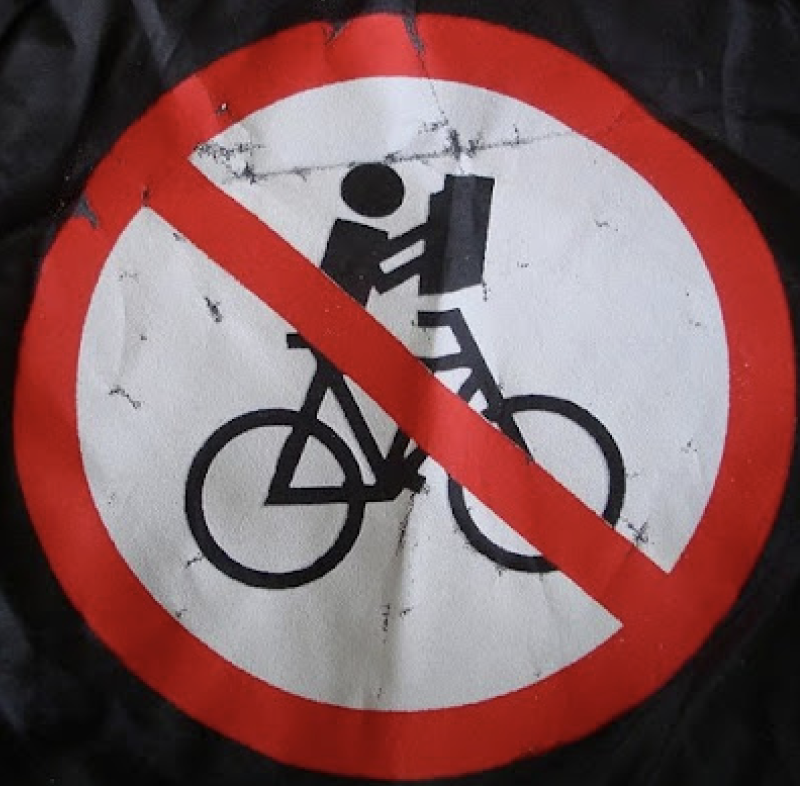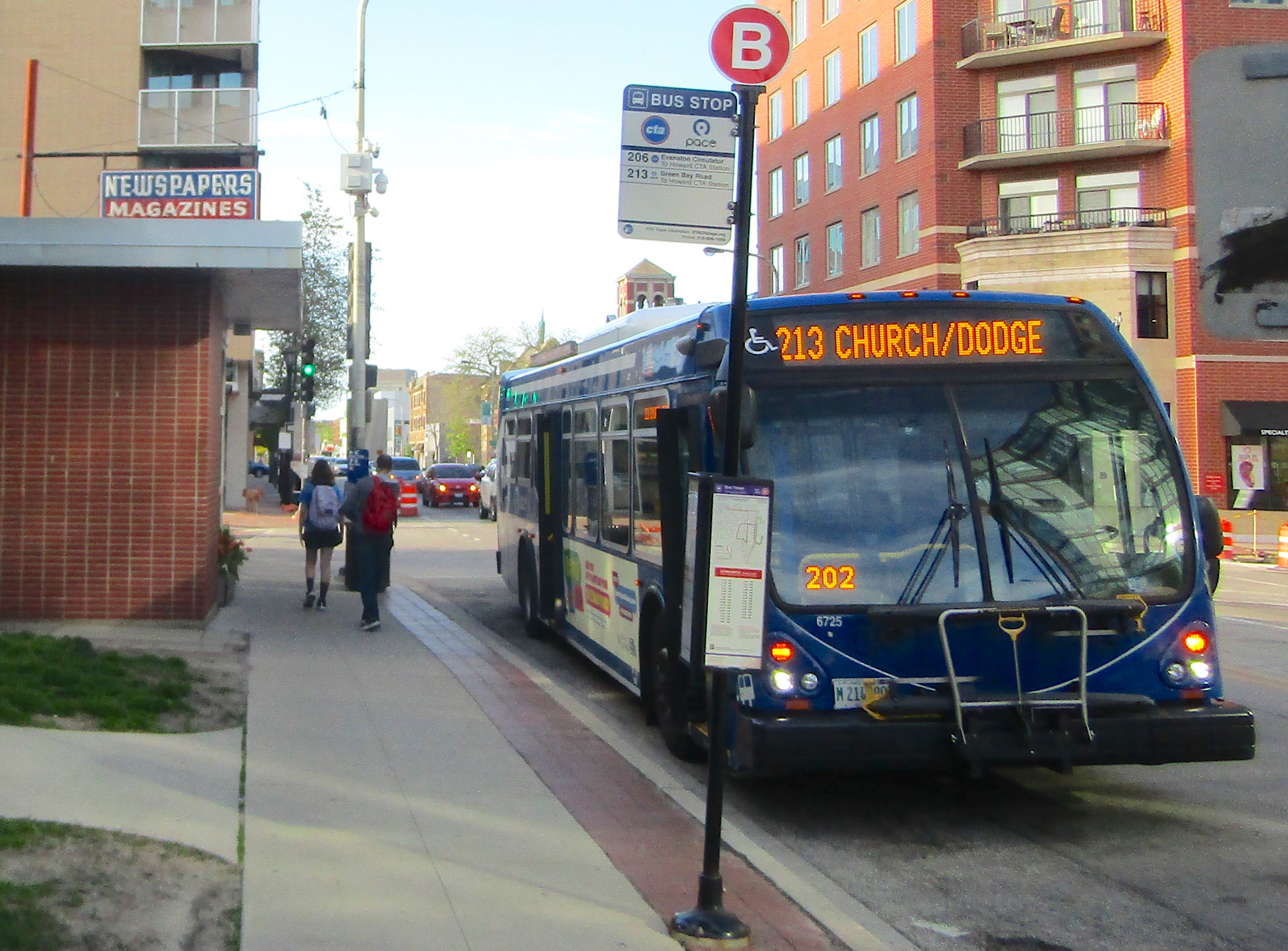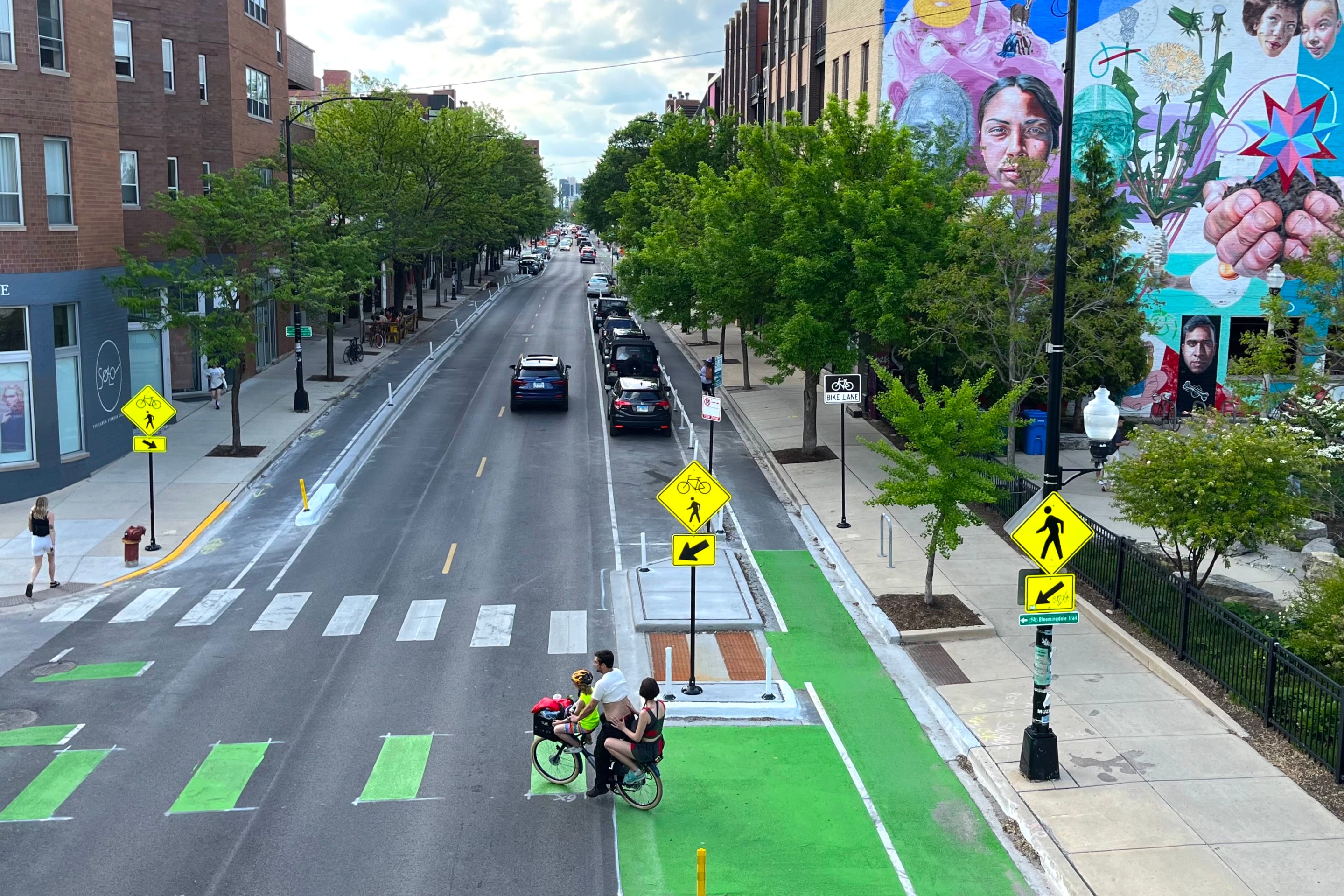Dorothy Brown, the Cook County Circuit Court Clerk who's running for Chicago mayor, doesn't have much chance of ever occupying the fifth floor of City Hall. For starters, she's currently being investing by the FBI for allegedly shaking down employees for cash contributions.
Still, Brown's status as a mayoral candidate is allowing her to promote a very bad idea: introducing a bicycle registration fee to fund bike infrastructure. In response to a Sun-Times questionnaire she said she's in favor of taxing people to use this space-efficient, healthy, non-polluting, economical mode of transportation.
"Like everything in life, [Chicago's] bike lanes came at a cost," Brown stated "It should have been the users—cyclists—who paid since they are the main beneficiaries of the service. They didn’t pay because Chicago does not have a bicycle registration tax... I would create a bicycle registration fee program to pay for improvements to bike lanes."
There are several reasons why this is a bad proposal. First of all, Brown is stating the well-worn myth that cyclists are getting a free ride in the transportation system. While people who don't drive don't pay gas taxes (although many cyclists are also drivers), bike riders pay many other types of taxes, including payroll, sales, and property taxes.
When people bike instead of driving, it also lowers costs for society by easing wear-and-tear on roads; reducing traffic congestion, pollution, and crashes; and lowering public health costs. A bike-friendly city is also more attractive to visitors and employers, which helps bring in tax revenue. For these reasons, bike infrastructure, which costs a fraction of what car infrastructure costs, likely pays for itself.
On the other hand driving, which has the opposite impacts on all of those metrics, is very costly for society. And, far from being freeloaders, people who don't drive are essentially subsidizing roads for people who do. While even car-free people rely on roads for trucking, bus service, and other uses, highways don't even begin to pay for themselves so we're all chipping in through tax money, but the benefits disproportionately go to private car owners.
Then there's the issue that a citywide bike registration fee would likely cost more to administer than it would collect in revenue. Cities that operated licensing schemes for decades have abandoned their programs, citing low enforcement that fails to raise revenue to pay for the program.
On the other hand, creating a new category of bike violation would likely exacerbate Chicago's existing problem of racially-skewed bike enforcement. Exponentially more tickets for infractions like sidewalk biking have been written in some Black and Latino communities than in majority-white neighborhoods in recent years. Last summer the Chicago Police Department admitted this is due to bike enforcement being used as a pretext for searches in high-crime neighborhoods, but the department indicated that it won't be changing its practices. Therefore, introducing a bike registration requirement would almost certainly result in way more citations for lack of compliance being written to Black and Brown cyclists than white ones.
The last time a bike tax was proposed by a Chicago politician was in 2013, by 3rd Ward alderman Pat Dowell, and that went nowhere. The fact that she's been on the wrong side of three other sustainable transportation issues in the past year is still more evidence that Brown's current proposal is off base.
Did you appreciate this post? Consider making a donation through our PublicGood site.





